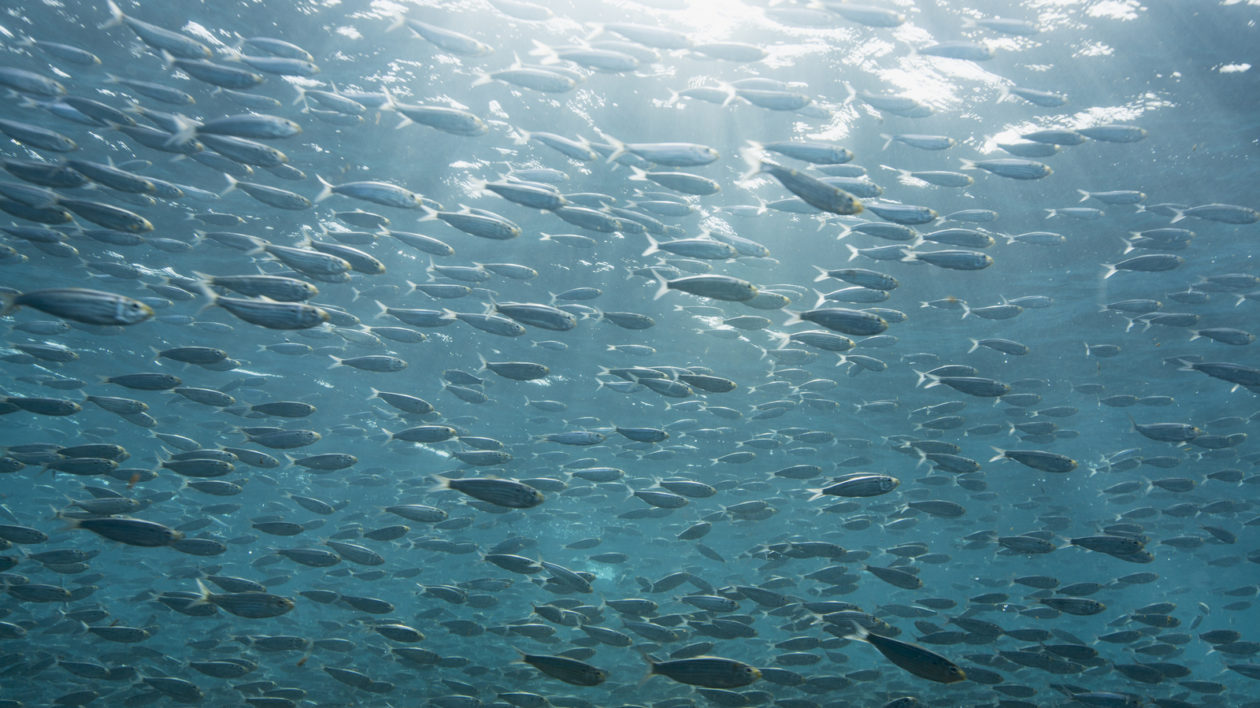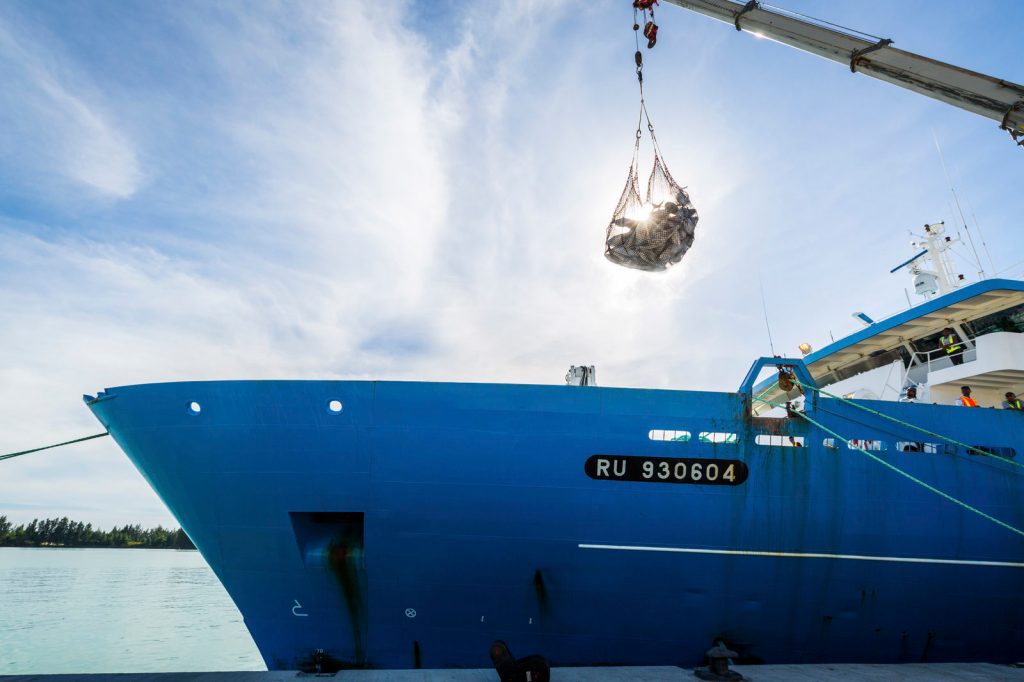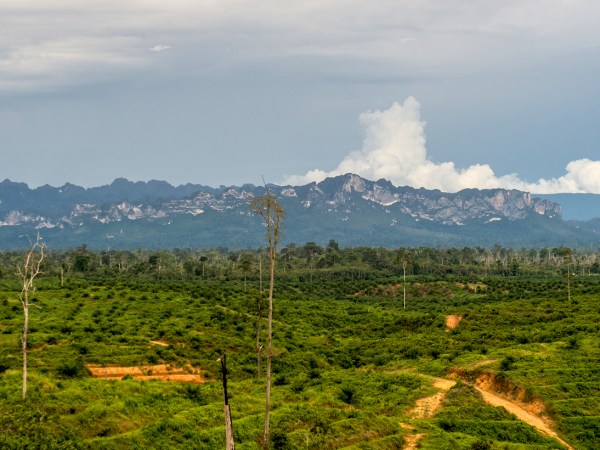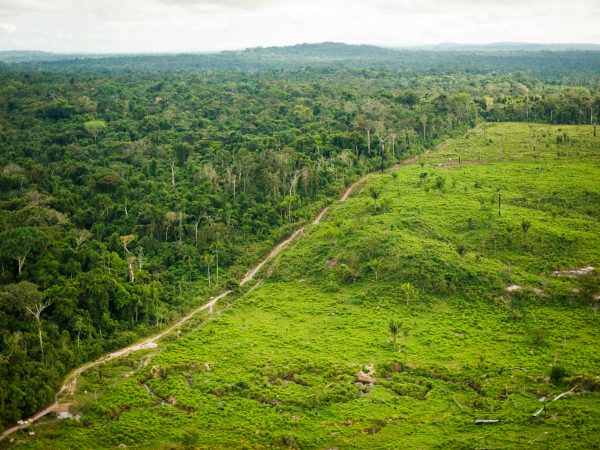As climate change makes natural systems more unpredictable, the past is no longer a reliable predictor of the future. These surprise events can have catastrophic economic consequences, unless we rethink how we plan and make decisions.
The Gist
The paper, published in Proceedings of the National Academy of Sciences, examined the impact of unusually high ocean temperatures — or “surprising events” — on both marine ecosystems and human communities.
“We know that both people and ecosystems can change in response to conditions,” says Andrew Pershing, lead author on the research and chief scientific officer at the Gulf of Maine Research Institute. “But can they change fast enough to keep up with climate change?”
The researchers found that climate change is causing these surprise events more often than would be expected based on natural variability alone. Using a simple ecological model, they found that these surprise events will harm specialist species more than others, causing a decrease in species abundance and an increase in generalist species. Scientists are already seeing this pattern in coral reef ecosystems, where slower-growing corals that can tolerate larger temperature swings are replacing faster-growing species critical for maintaining resilience.
Next, the team used a model of human adaptation to show that these surprise events will increasingly challenge human systems and institutions that rely on historical experience to predict the future.
The Big Picture
People typically use the past to help make decisions about the future, whether it’s anticipating commuter traffic or estimating maximum sustainable catch for ocean fisheries.
“That’s worked for us really well throughout human history, but that’s just not going to cut it anymore,” says Nicholas Wolff, a climate scientist at The Nature Conservancy and co-author on the research. “We found that, because of climate change, the rate of change in natural systems is so fast that if we make decisions based on past experiences, we will be horribly caught off guard and surprised.”
And those surprises can have serious consequences. “We have to change how we plan, we have to be more forward looking and include the trends of climate change,” says Wolff.

The Takeaway
Failure to make that shift is already having serious consequences for people. Pershing points to his home region, the Gulf of Maine, which is one of the fastest-warming places in the ocean. In 2012, a heat wave caused the lobster catch to peak a month earlier than normal. The industry was caught off-guard, and subsequent market glut and price collapse caused financial harm to everyone in the industry, from fishermen to restaurateurs.
Ocean conservation is already at risk, too. Endangered North Atlantic right whales are currently experiencing low birth rates and an increase in recent deaths. “The conservation plan for right whales assumed that the whales would continue going to the same places in the ocean,” says Pershing. But the whales changed their behavior to spend more time in Canada, where they lack adequate protection. “Failure to anticipate these shifts has led to big challenges for right whales and for people,” says Pershing.
The authors note that shifting to planning methods that take climate into account wouldn’t be difficult, but it requires change. And it often takes direct experience with an extreme or “surprising” event to force people to change their behavior.




Thank you for your article.
It really makes me angry to know that where we are in climate change/global warming now and knowing the extent of it and what we all have to do, we have all these extensively timed, purposely placed, mostly political obstacles in the way of any correction and it pisses me off as I mentioned earlier.
I research current environmental issues, solutions and most anything having to do with a green-way-of-life. I never include humans as beneficiaries from any solution humans find and create towards environmental problems that humans originally created. Even though the majority did not know they were creating what we are dealing with now. There are millions upon millions of innocent people out there that did not know what they were doing but, I still do not include them. I only include beneficiaries as Wildlife, Marine Wildlife, Wildlife Habitat, the Environment and Ecosystems. Humans are way smarter than anything else on this planet. They can figure it out on their own.